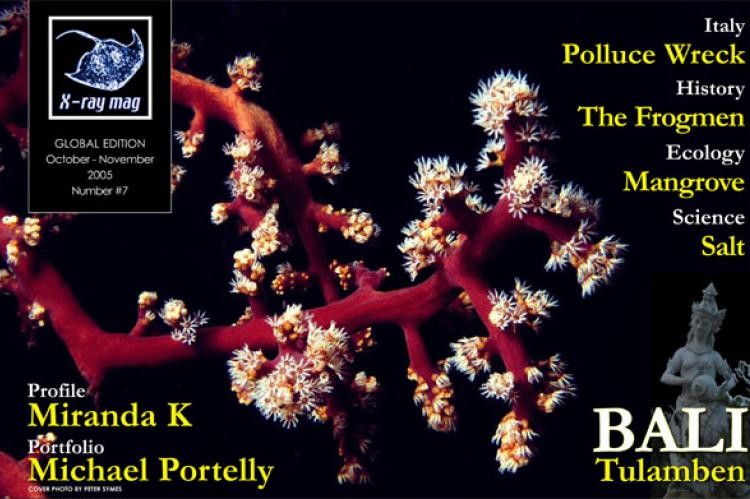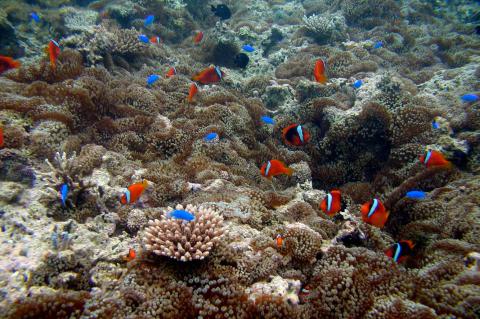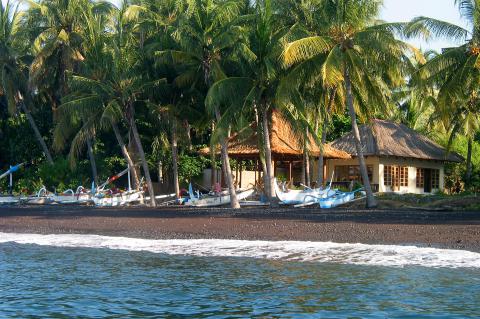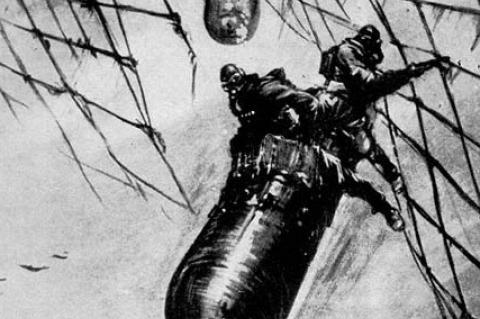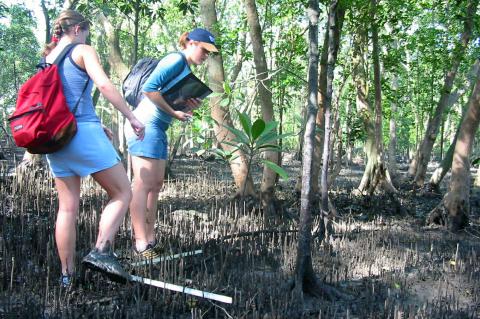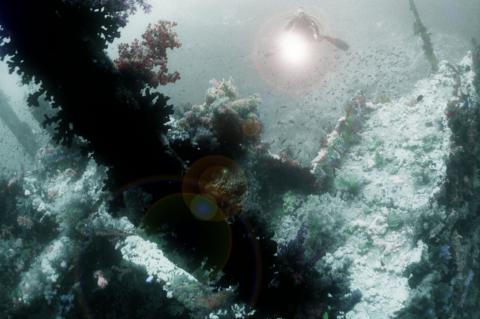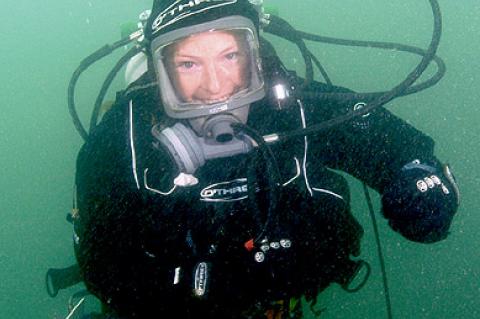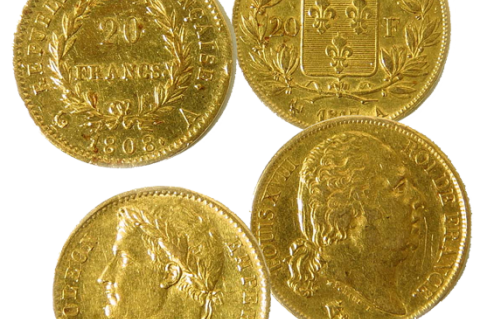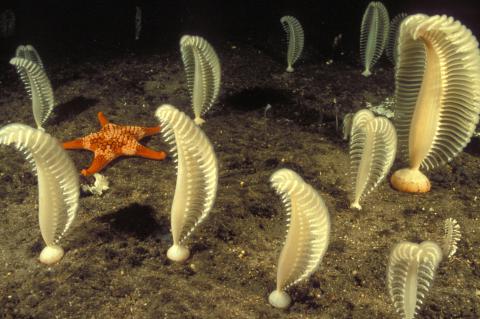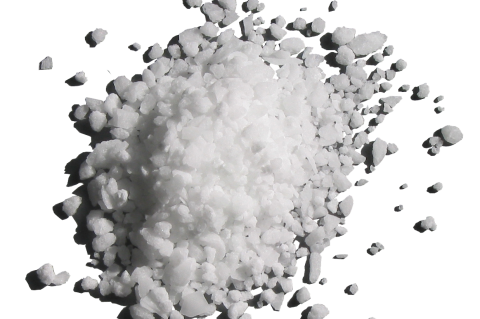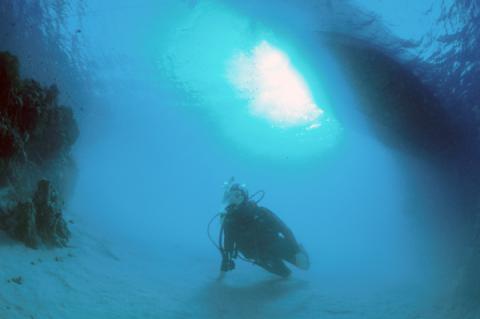X-Ray Mag #7
BALI - visiting Tulamben. Science: Salt of the sea. Conservation: Mangrove. Polluce wreck. The first frogment. The Techni-sub story. Royal Tasmania. Portfolio: A tribute to Michael Portelly. Technical matters: Going solo or not? Photography: Manipulation? Ecology: Anemone city Profile: Miranda Krestovnikoff. Science: Drinking seawater
Main features in this issue include:
Anemone City
Clownfish sea anemones usually live solitary lives. On many coral reefs there will normally be only one individual for each 50 to 100 meters, perhaps 10 to 20 meters of reef. But occasionally groups of up to several hundreds of clownfish sea anemones are found together within a small area in an assemblage we call anemone cities.
One is at Ras Muhammad close to the popular dive resort Sharm el Sheikh where it is but one of the many popular dive sites in the area and well visited by many divers being completely oblivious to the fact that they are diving on a rather unique and fragile structure.
Bali
Dark grey!
Usually a colour associated with dull. Not here. The dark lava sand creates a perfect neutral backdrop to make all the colours of corals and critters stand out beautifully. It also dampens the often harsh and bleaching tropical sunlight into something of a less eye-squinting exercise to enjoy.
Tulamben
First Frogmen
During the first years of World War II Italian frogmen demonstrated to the world how effective a weapon a frogman could be. Hidden by the water, these frogmen mined the Allies’ ships as they were moored ‘safely’ in their own waters.
The idea of such a weapon arose in World War I, when experiments were carried out using different vessels to carry mines into the Austro-Hungarian naval base in Pola. The weapon was developed during the inter-war years
Mangroves - Eco-tourism & education
Ecofieldtrips Pte Ltd is a Singapore based company which employs specialist biologists to cover the biology of rainforests, mangroves, seashores and coral reefs in the unspoilt ecosystems of Tioman Island, Sarawak and Langkawi, in Malaysia. School groups from Singapore, Malaysia, Hong Kong, Bangladesh, UK and Ireland come annually on the fieldtrips.
The “hands on” field experience and the knowledge and experience of EFT biologists ensures a better understanding of our wonderful ecosystems and how they are interrelated.
Manipulation
Is it cheating? Once the conversation touches on restoring or manipulating images it seem to on something profound, namely our perception of reality. Can we trust what we see? Is a given image a truthful recording of what happened? And what is reality anyway if it depends on the eye of the beholder?
On the other hand, interpretations plays a big role too. Just think of the caricaturist with his canny ability to make a couple of casual pen strokes who everyone then instantly recognise as George Bush or Dalai Lama.
Miranda Krestovnikoff
Wreck detective Miranda Krestovnikoff recently completed another series of dive programmes for the BBC. The ambitious new series, Coast, is to be aired this autumn. We take a look behind the mask...
Polluce wreck
Like every grand tale of shipwreck and lost treasure, the story about the Polluce has it all. A paddlewheel steamboat shipwrecked in 1841, it is the centrepiece of a drama spanning more than one and a half centuries and has all the necessary ingredients: drama and tragedy, greed and crime, passion and politics. And it is still ongoing. Polluce is about to be excavated once more as this story goes to press.
The story isn’t complete either by including the following inquiries and legal proceedings, which took place in Livorno (Leghorn) in the years 1842 to 1846, right in the middle of a turbulent period of history when European nationalism flaired up and new states were born or unified including mode
Royal Tasmania
Tasmania’s Southwest National Park and World Heritage Area is the land that time forgot, and most of the civilized world has never heard of Bathurst Harbour. It is the home of the world’s oldest living plant, Kings Holly (Lomatatia tasmanica) discovered in 1934 by the late Deny King, an environmentalist and local legend who lived in the area most of his adult life earning his living mining tin.
The Territory
Salty Oceans
It would seem to be self-evident to use the adjective ‘salty’ in connection with the World’s oceans. Everybody knows that the oceans are salty. It is perhaps the first thing that comes to mind when we think of the oceans.
Not only has it importance for the heat transmission, for example, from the seas to the land and vice versa, and thus affecting global climate, but it is of the greatest importance on the types of life that have evolved in these waters.
Solo or not?
When divers run out of gas in open water it can only be down to two possible explanations. Either they haven’t been monitoring their pressure gauges and plainly run dry. Or they have suffered some equipment malfunction such as a regulator free flow or a split hose which are technical breakdowns that can happen even to the most conscientious, experienced and well trained diver.
Training agencies differ in the degree of self sufficiency training at recreational levels. Most of them instruct divers to, when in a situation where they run low or out of gas, to swim to their “buddy” and share gas from an alternate second stage, or octopus as it is widely known.


